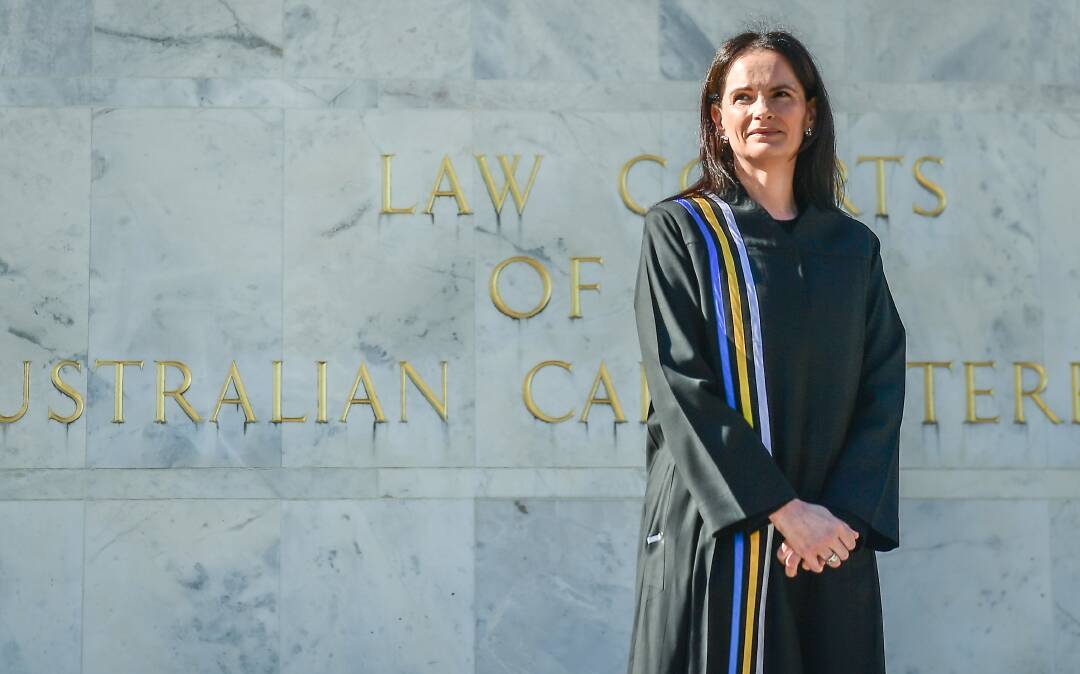
The justice system has some "heavy lifting" to do in relation to Indigenous issues, according to the "deadly woman" appointed to the ACT Supreme Court in a nationwide first.
"It must stop," Justice Louise Taylor said on Friday, referring to the suffering of First Nations people at the hands of the law.
The former magistrate made the comment as she was publicly sworn into her new role as a judge, becoming the first Indigenous woman appointed to a superior court in Australia.
Justice Taylor promised to be "a judge for all manner of people", though the proud Kamilaroi woman acknowledged "the might of my ancestors is in my blood" as she described feeling a responsibility to "demonstrate the case for other people like me".
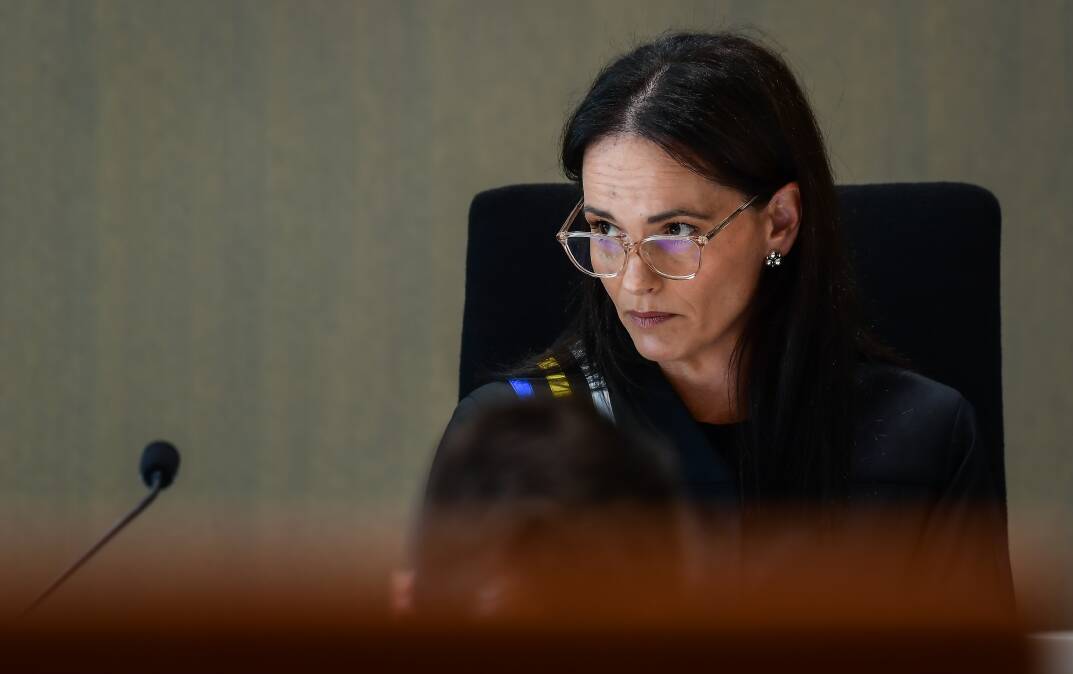
She said the justice system was asked to "cure wicked problems", citing the over-representation of Indigenous people in custody as one example.
"The statistics are not just numbers to us," Justice Taylor said.
"They tell the stories of our families and communities."
The new judge noted the presence in court of Narelle King, whose son, Indigenous man Steven Freeman, died while incarcerated at Canberra's Alexander Maconochie Centre in 2016.
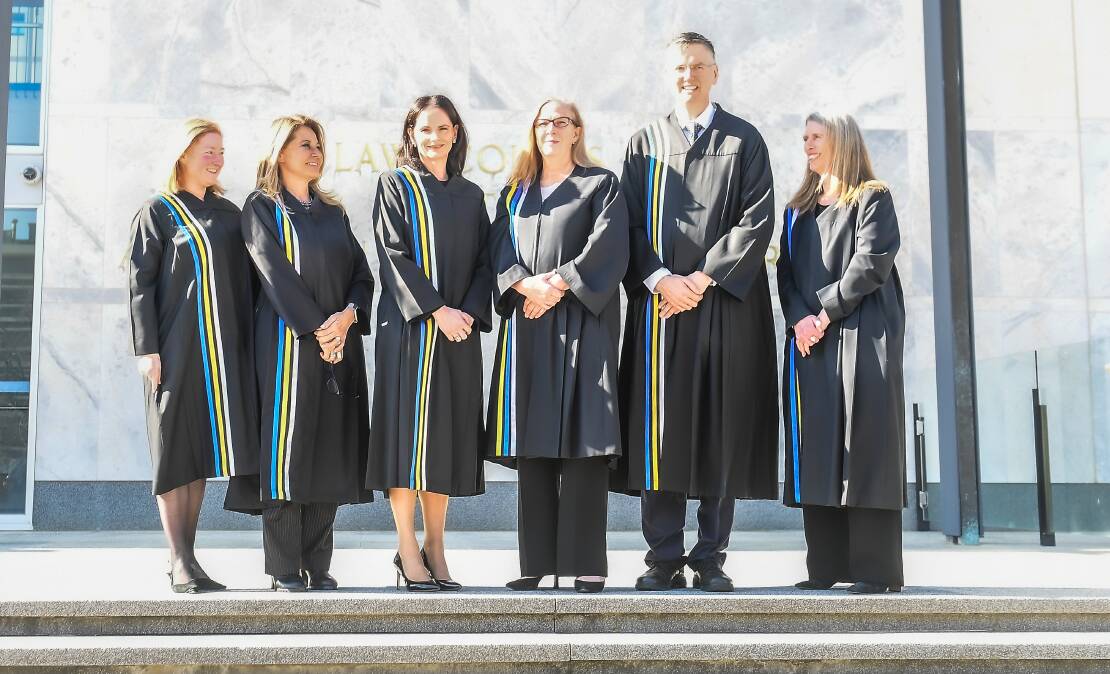
"No one should die because they are refused bail or sentenced to imprisonment," Justice Taylor said, describing Ms King's devastating loss as reflective of "a cost our people have consistently paid".
Justice Taylor was not only emphatic in demanding an end to such suffering, but also in her encouragement of young lawyers from diverse backgrounds.
"There is a place for you here," she said, naming several local lawyers.
"Even when you feel like a tourist in the profession, you must act like you belong because you do."
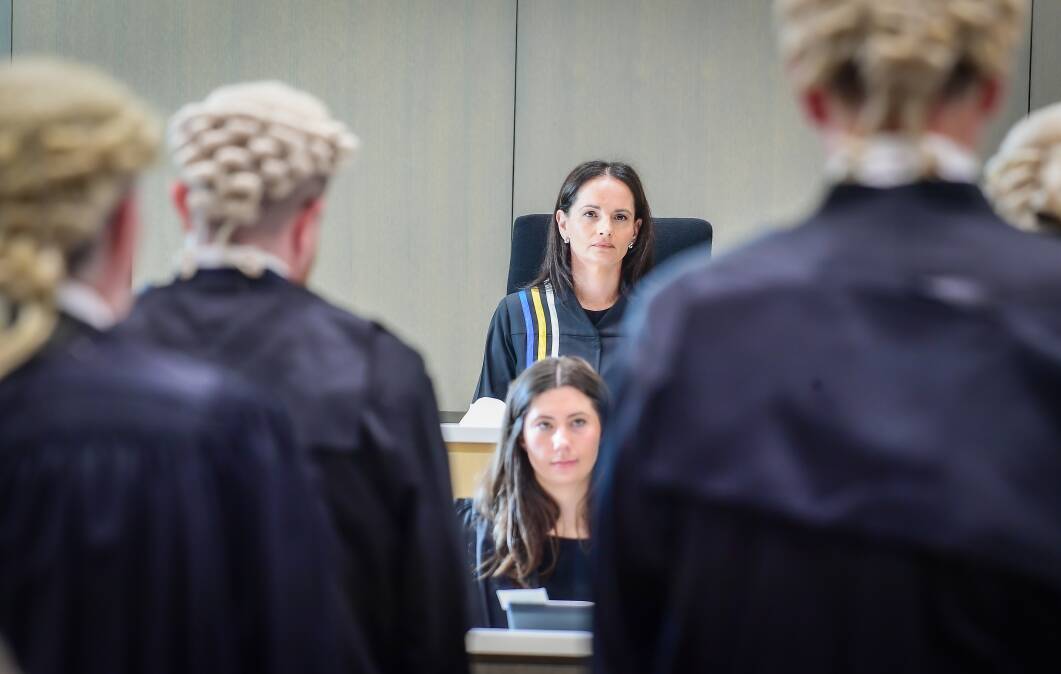
Ngunnawal elder Jude Barlow, who opened the ceremonial sitting with a Welcome to Country, described Justice Taylor as "a totally deadly woman" who would bring "exceptional cultural capability" to the court.
Chief Justice Lucy McCallum said her new colleague was in fact so "deadly", she had earlier been sworn in privately, "despite some heckling from Acting Justice [Richard] Refshauge", to start work last week.
Justice Taylor's journey to the Supreme Court bench marks the latest achievement in a distinguished career for the self-described "proud product of the ACT legal profession".
She graduated from the Australian National University in 2001 and later worked for the territory and Commonwealth directors of public prosecutions, before becoming Legal Aid ACT's deputy chief executive.
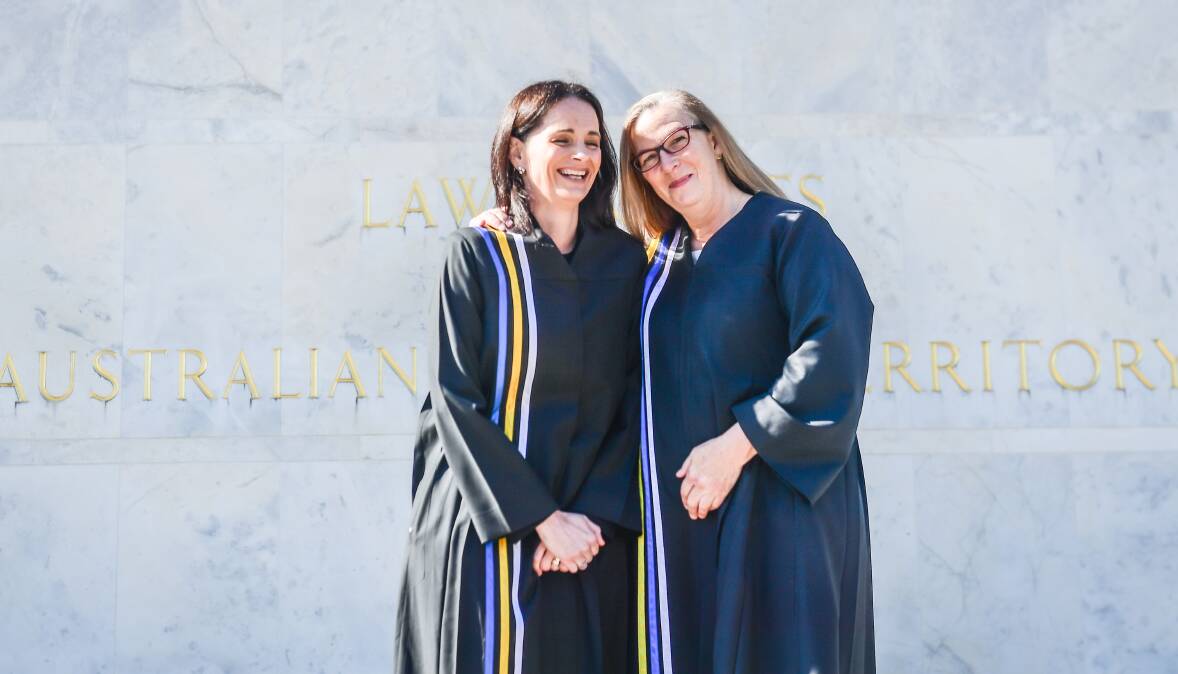
It was in the latter role that Attorney-General Shane Rattenbury said Justice Taylor had established herself as "an exceptional leader", paving the way for her appointment as a magistrate.
Justice Taylor's appointment to that role, in 2018, made her the ACT's first Aboriginal judicial officer.
Her comments to a ceremonial sitting back then are immortalised in the corridors of the courts, where ACT Law Society president Farzana Choudhury said they continued to inspire legal practitioners.
Ms Choudhury also delved back further into Justice Taylor's career, describing an occasion on which the then-Legal Aid lawyer was precariously balancing a bunch of files in the back of a courtroom.
Upon noticing a self-represented litigant's struggles, Justice Taylor stepped forward to assist them.
Another lawyer saw this, Ms Choudhury told Justice Taylor, and "knew they wanted to be you".
Ms Choudhury noted Justice Taylor was known for being "disinterested in pompous nonsense", a theme ACT Bar Association president Marcus Hassall also addressed in his speech.
Mr Hassall spoke of the new judge's "directness", recounting an occasion on which she not only got away with speaking over the former chief justice during an "intense" application, but also won her case.
He also referred to Justice Taylor's renowned efficiency in a comical way, holding up a copy of a Commonwealth Director of Public Prosecutions annual report that featured her on the cover.
The image was blurry, he joked, because Justice Taylor was "moving too fast" to be captured clearly.







